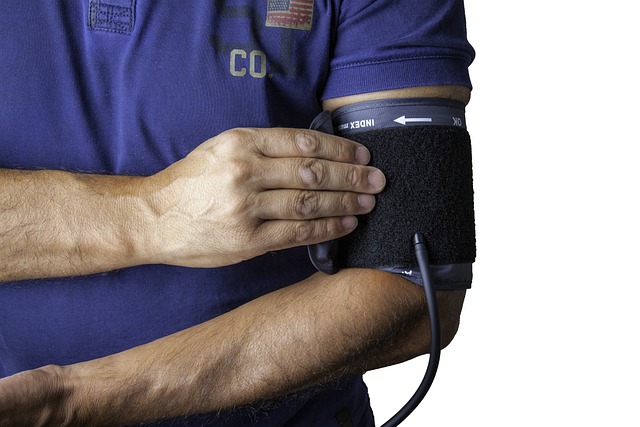In today’s fast-paced world, maintaining healthy blood pressure has become a critical concern for many. Our lifestyles are often fraught with stress, processed foods, and a myriad of factors that can lead to hypertension. However, understanding how to harness the power of vitamins through healthy nutrition can significantly impact your blood pressure levels and overall well-being.
First and foremost, adopting a healthy lifestyle is integral. Regular physical activity and stress management can greatly complement nutritional efforts. Exercise not only helps to keep your heart in check but also reduces stress levels, both of which contribute to maintaining a healthy blood pressure.
When it comes to nutrition, certain vitamins play a vital role in regulating blood pressure. Vitamin D, for example, is essential for maintaining healthy blood vessels. There’s increasing evidence suggesting a link between vitamin D deficiency and hypertension. Including foods rich in vitamin D like fatty fish, fortified dairy products, and sunlight exposure can be beneficial.
Moreover, Vitamin C is known for its antioxidant properties and can help improve cardiovascular health. Citrus fruits, strawberries, and bell peppers are fantastic sources of vitamin C. These not only add vibrancy to your meals but also contribute to a lower risk of developing high blood pressure.
Vitamin E is another powerhouse, known to support heart health. Nuts, seeds, and green leafy vegetables are rich in this vitamin and can aid in maintaining circulation and reducing blood pressure levels.
But let’s not overlook the importance of minerals such as potassium and magnesium. Potassium-rich foods like bananas, avocados, and spinach can help balance sodium levels in the body, which is crucial for blood pressure management. Magnesium, found abundantly in nuts, seeds, and whole grains, works in tandem with potassium to ensure that blood pressure stays within a healthy range.
Transitioning to a diet that emphasizes these vitamins and minerals doesn’t require drastic changes but rather an incremental adaptation. Focus on incorporating whole, unprocessed foods into your meals. Experiment with new recipes that highlight fruits, vegetables, and whole grains, making your dietary journey both enjoyable and rewarding.
Furthermore, it’s essential to be mindful of how you prepare your meals. Opting for baking, steaming, or grilling instead of frying can preserve the nutritional content and help manage your salt intake. Reducing excessive salt in your diet significantly helps maintain balanced blood pressure levels.
Hydration is another key aspect often overlooked in the conversation about blood pressure. Water helps transport nutrients and aids in the overall functioning of your body, including blood pressure regulation. Aim to drink adequate amounts of water throughout the day to support your body’s needs.
Ultimately, the journey to healthy blood pressure through nutrition is not simply about adding vitamins but adopting a holistic approach that embodies a healthy lifestyle. By embracing nutrition that enriches your body with essential vitamins and minerals, you are taking proactive steps towards better health. It is essential to listen to your body and incorporate changes gradually for sustainable results.




